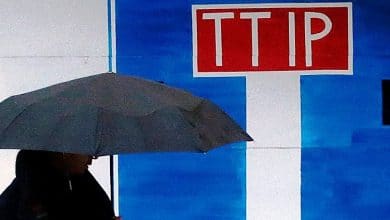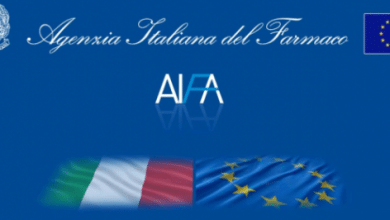
Roche in the lead with 10 billion dollars, the biggest increases from Novartis and J&J. However, a number of large pharmaceutical companies in 2013 invested less than in 2012 in an effort to improve profit margins.
December 18, 2014 – PharmaKronos
![]() The world's 30 leading pharmaceutical companies combined spent $112 billion on research and development (R&D) in 2013, up $723 million from a year earlier, estimates the consultancy. Global Data in a new report.
The world's 30 leading pharmaceutical companies combined spent $112 billion on research and development (R&D) in 2013, up $723 million from a year earlier, estimates the consultancy. Global Data in a new report.
The paper says the top-spending industry was Switzerland's Roche, allocating nearly $10 billion to research in 2013. While Novartis and Johnson & Johnson are the two firms that increased their R&D spending the most between 2012 and 2013, adding about $500 million each. For Novartis, the figure grew by 5.6% to $9.8 billion, while J&J spent $8.2 billion, up 6.8% from 2012. Analyst Adam Dion points out that “the increase in funds reserved for R&D is partly due to the progress of pipelines in the final phase of testing, generally the most expensive.
In Roche's case, it has continuously invested in advances in the oncology and neuroscience therapeutic areas. For example, for the trial of an anti-Pd-L1 lung cancer drug, and for the progress of Alzheimer's disease programs. Novartis spending grew largely due to its subsidiary Alcon, which allocated additional resources to develop new products for the treatment of eye diseases. The company has also invested heavily in vaccines and diagnostics as well, particularly to bring its own to market meningitis B vaccine.
But despite the increase in funds for R&D - underlines GlobalData - a number of large pharmaceutical companies in 2013 invested less than in 2012. The analyst explains: "In the effort to improve profit margins, cutting costs remains a strategic necessity for some companies. Many have reduced their workforces to help stabilize profits in the aftermath of patent losses.
Pfizer cut R&D spending by more than $1.2 billion after losing market exclusivity for the cholesterol-lowering drugs Lipitor (atorvastatin) and Caduet (amlodipine and atorvastatin), while Merck continued with its multi-year restructuring program. with a cut of more than 600 million dollars to its clinical activities in 2013, after the expiration of the patent of the anti-asthma Singular (montelukast)”.





